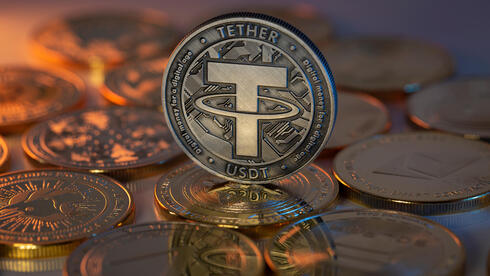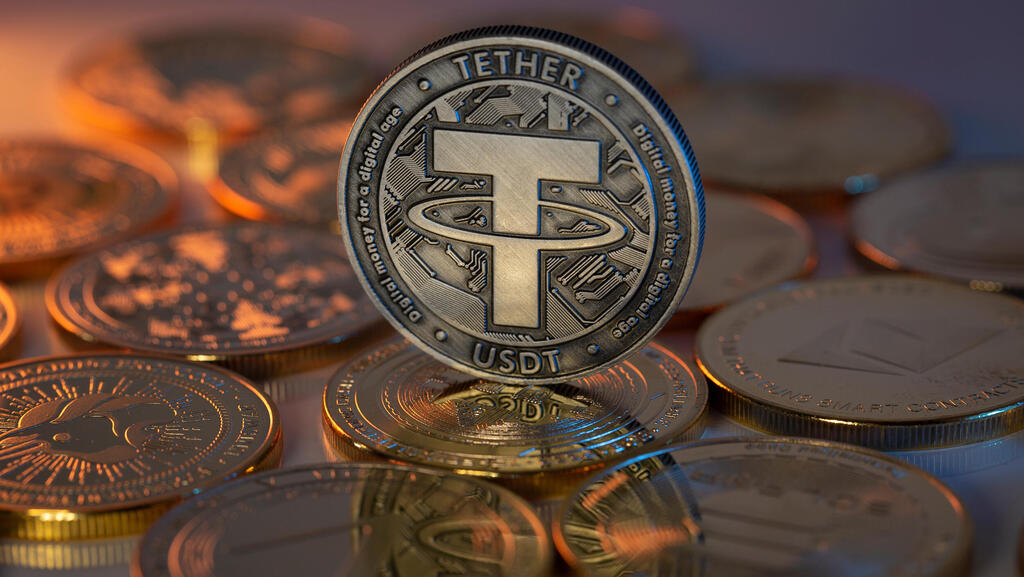
Lutnick, Tether, and Trump: A crypto market power trio
How politics and business connections are shaping the future of cryptocurrency.
The crypto market has surged since Donald Trump’s re-election as U.S. president, with Tether (USDT) playing a central role in the rally. On November 18, Tether issued $13 billion worth of USDT, followed by an additional $3 billion on November 25, bringing the total circulating supply to $132.6 billion. USDT, a stablecoin pegged to the U.S. dollar, is the third-largest cryptocurrency after Bitcoin and Ethereum.
Despite Tether’s prominence, the company remains highly controversial. Its management has faced investigations, lawsuits, and accusations of insufficient collateralization, opaque operations, and links to illicit activities. According to a UNODC report, USDT has been implicated in money laundering and arms trafficking. Moreover, U.S. regulators worry that its widespread use could destabilize the dollar. A bill to ban private stablecoins like USDT is under consideration.
Howard Lutnick, CEO of Cantor Fitzgerald and commerce secretary-designate in the Trump administration, has become a pivotal figure in Tether’s operations. Lutnick facilitated a $600 million deal in which Cantor acquired 5% of Tether, and he has leveraged his firm’s resources to stabilize Tether’s collateral by managing its investments in government bonds. Tether remains Cantor’s largest client, providing substantial revenue for the firm.
Lutnick’s connections to Tether have raised concerns about conflicts of interest. While he is expected to step down as CEO of Cantor, he retains significant influence as a senior member of Trump’s team. Critics argue that Lutnick’s position could shield Tether from regulatory scrutiny, especially as he downplays allegations against the company, insisting that Tether has adequate financial reserves.
The crypto market has benefited from Tether’s growth and Trump’s victory, with its capitalization reaching $3.5 trillion—up 48% since the election. Trading volumes have also surged by 140%. Yet, questions persist about the integrity of Tether and Lutnick’s dual roles in politics and finance.
While Lutnick has faced criticism from both ends of the political spectrum, much of it has focused on unrelated issues, including his Jewish heritage and ties to Israel. Far-right conspiracy theories even revisit Cantor Fitzgerald’s losses during the 9/11 attacks, further complicating his public profile.
The intersection of Tether’s controversies, Lutnick’s political influence, and the booming crypto market highlights the complex dynamics of an industry that continues to challenge regulatory and financial norms.















